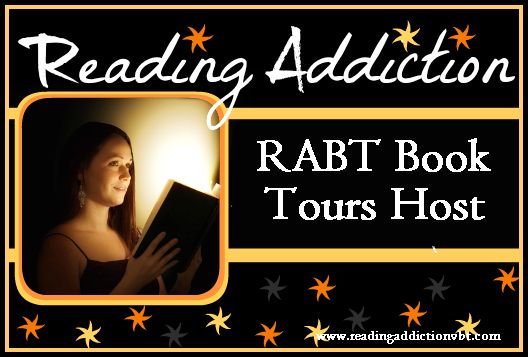
Author: Colson Whitehead
Genre: Fiction - Drama
Finished: February 28, 2009
Sag Harbor by Colson Whitehead is the semi-autobiographical story of a young boy named Benji and his summers spent in the New York summer town of Sag Harbor. Benji is a young African American struggling to fit into a world that he straddles varied sides of. As an African American, he doesn’t fit into the white prep school world that populates the school he attends, but he also defies African American expectations that confront him as he spends his summers in Sag Harbor. Benji is an avid player of Dungeons and Dragons, loves Bauhaus and Siouxsie and the Banshees, and reads Fangoria magazine. In short, Benji has GREAT taste. I found a kindred spirit in Benji because of his interests… I love horror movies and The Smiths. Yet, where I saw a similarity between us, I also found a great and important difference. No one ever looked at me strangely for my interests, whereas Benji's were atypical for a young African American male of the time.
Sag Harbor is also a coming of age story, the tale of a boy becoming a man and how he copes with all of the new expectations placed upon him and disappointed when he doesn't simply ease into the mold of how a man is supposed to be when he becomes a man. His braces make him feel childish, his skinny frame makes him appear young, and he is not that successful with the ladies. Benji is surrounded by Sag Harbor friends, each with their own distinct personality. To just give a sampling of a few, there's NP, for whom life is a joke and an elaborate story; Randy, who is the top man for a while when he gets his car and lords it over everyone; and Clive, who is that one "cool" one, the can-do-no-wrong one. The adventures and misadventures of this group of boys are chronicled in the book. We're taken through a series of moments in their lives: when they all went gun fighting and Benji wound up wounded, the group trying to sneak into a concert, and the eventual teenage meeting of girls and getting girlfriends for the first time. These group adventures stand apart from Benji's own singular moments, his own personal experiences that shape him into an awkward but compelling figure. He is the product of a strict father, a bad afro, and one hand holding that was to be his only contact with the opposite sex for a long, long time. I really enjoyed this book because it was a slice-of-life piece. Whitehead put such a humorous spin on the trials and tribulations of being a teenager that I couldn't help but be charmed by the bad and the good. You really can feel Benji's pain, even as you laugh about the unfortunate nature of his life. I think it is also inspirational the way that Benji doesn't become disheartened by all of it. Despite all that has happened to him, all of the flaws he finds in his person, he never retreats.
What else is great about Sag Harbor? I like the insight the book gives into race relations in the 80s era in which it is set. The youngsters of Sag Harbor express a mild dislike for the rich white Hamptonites that border their summer areas, more for what they represent than anything related to skin color. The boys watch the whites tour Sag Harbor as reluctant visitors with views as misguided as the views the white's may too hold. This difference shows how a person is the culmination of their environment and experiences, of their influences as much as their own inherent personality. I really did enjoy reading this book and recommend it to anyone looking for a book that isn't overwhelming with adventure, but remains interesting and captivating throughout. You'll laugh, you'll get angry, and you might even get sad from time to time. But you'll definitely never get bored.
















